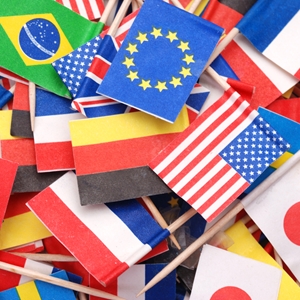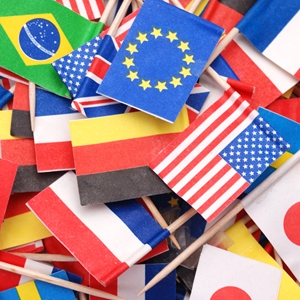
Trans-Pacific Partnership talks come to a halt
February 26, 2014 2:11 pm Leave your thoughts
Last month, we discussed the potential of the Trans-Pacific Partnership (TPP), which is a pact that is intended to create an estimated $28 trillion economic output.
One of the largest benefits of the TPP is that tariffs would be lowered across the board for the 12 countries that are involved, but due to intellectual property and market access differences, all negotiators decided to hold off meeting with one another for the time being, BusinessWeek reported.
The United States and Japan specifically are having a hard time finding a middle ground because both nations don't see eye to eye on importing valuable goods like wheat, meat and rice, according to Reuters. What's wrong with this specific situation is if Japan is unable to make a compromise, it is unclear of the TPP will be able to pass.
"Market access is in some respects the heart and soul of any trade agreement so until that's done, we don't have an agreement," Tim Groser, New Zealand Trade Minister, explained in a news conference after recent talks.
Originally, the TPP was supposed to pass in 2013, but negotiators were unable to finalize all of the pact's provisions in time for the deadline. Because recent talks ended with the same results, TPP participants decided not to provide a timeline on the agreement.
Canada, the U.S., Japan, Australia, New Zealand, Chile, Singapore, Malaysia, Brunei, Vietnam, Peru and Mexico are the prospective members of the TPP. Talks to expand the partnership have occurred, but U.S. Trade Representative Michael Froman told reporters that they have no plans in adding members at this time.
Companies that have plans to open operations in any of these countries in the near future may want to seek advice from a small business attorney first to see if it is a logical step for the organization.
Categorised in: International Business Law
This post was written by





